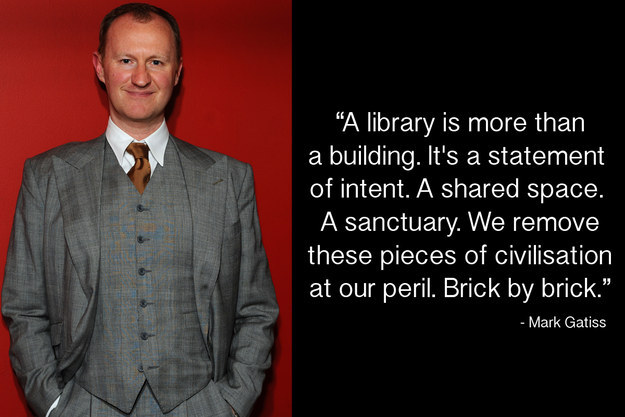05-18-16
If you are a reader, you know the special pleasure of going out to read in public. But for most of us, reading in public has meant reading in public alone.
But recently, a few recurring Silent Reading Parties have sprung up, giving readers a chance to read alone in public, but together. That’s right: a bunch of people get together and read. And that’s it. Doesn’t it sound great?
I spoke with Karen Munro and Amanda Morgan, organizers of Silent Reading Party Portland, about the best ways (and why) to host a Silent Reading Party of your own. Here is their advice.
- Pick a Place You Love
Seattle’s Silent Reading Party founder, Christopher Frizzelle, told us to choose a place that we absolutely loved. For us that meant a place with comfortable seating, good lighting, some patina, some ambience, some comfort, some dignity… The kind of place that makes you want to read. We love our home at Beech Street Parlor. It’s a Victorian house with gorgeous flocked wallpaper, period couches, and wood floors. And of course it has a full bar–that’s important too. We’re also constantly dreaming up other locations for special pop-up parties. It would be so cool to do silent reading parties in public parks, at the art museum, at Powell’s bookstore… We don’t know how well those will work yet, but we’re hoping we get to try. Read more...


